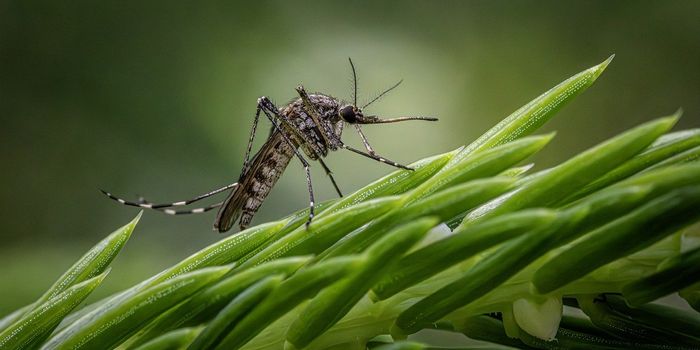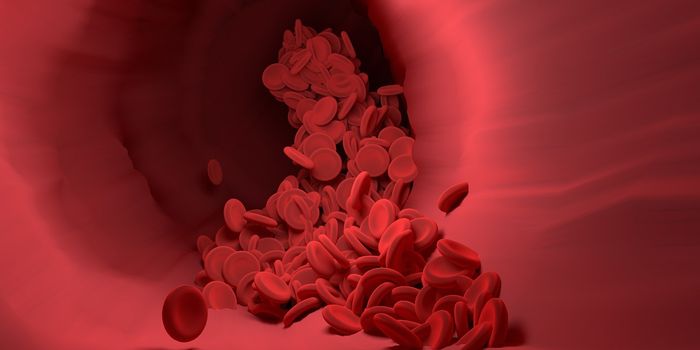New Drug May Prevent the Evolution of COVID Variants
Until the incredibly infectious Omicron variant emerged and took over, it seemed like there was a never-ending stream of new SARS-CoV-2 variants. New variants may also continue to emerge. SARS-CoV-2, the virus that causes COVID-19, is known to infect human cells by attaching to ACE2 receptors on cell surfaces, and then dumping the viral genome into the host cell. One type of drug that is now in clinical trials has already been shown to block the connection between ACE2 and SARS-CoV-2. This class of drug might also inhibit the formation of new variants of SARS-CoV-2. The work has been reported in Nature Genetics.
Chromatin is packaged, compacted DNA and its associated proteins. Scientists have found that chromatin remodeling complexes, mSWI/SNF (also known as BAF) could be targets for fighting viruses. These complexes help turn certain genes on, and were identified in a genetic screen of host factors that can encourage SARS-CoV-2 infections.
"Because of drug-resistant variants, we're down to only one drug, Paxlovid, as far as our oral options," said co-senior study author Craig Wilen, MD, Ph.D., an associate professor at Yale University. "Targeting these master regulatory complexes complements existing approaches and fills a need for a new drug class that can be exploited to help combat drug resistance and infection."
In this study, the researchers found that when mSWI/SNF complexes are disrupted, the virus has a harder time infecting cells. Additional work showed that mSWI/SNF can bind to the transcription factor HNF1A, which ultimately downregulates the gene that encodes ACE2. If the mSWI/SNF complexes are impaired, cells stop producing ACE2 receptors and SARS-CoV-2 and other viruses that use the ACE2 receptor, like other coronaviruses, cannot infect the cells anymore,
There are small molecule inhibitors targeting mSWI/SNF in phase I clinical trials as a cancer therapeutics. These drugs also appear to work against multiple variants of SARS-CoV-2 without harming human cells.
This study serves as a proof-of-principle that this approach could help fight drug resistance, noted Wilen.
"Further, this speaks to the wide, multi-disease potential for pharmacologic modulation of chromatin remodeling complexes," said co-senior study author Cigall Kadoch, Ph.D. of the Dana-Farber Cancer Institute. "These molecular machines sit at the top of the pyramid in governing gene expression programs that go awry in many different human diseases. We are just at the tip of the iceberg in identifying and exploring their utility."
The study authors showed that drugs that are now in clinical trials could be repurposed to stop current and future coronavirus variants from infecting cells.
Sources: Yale University, Nature Genetics









